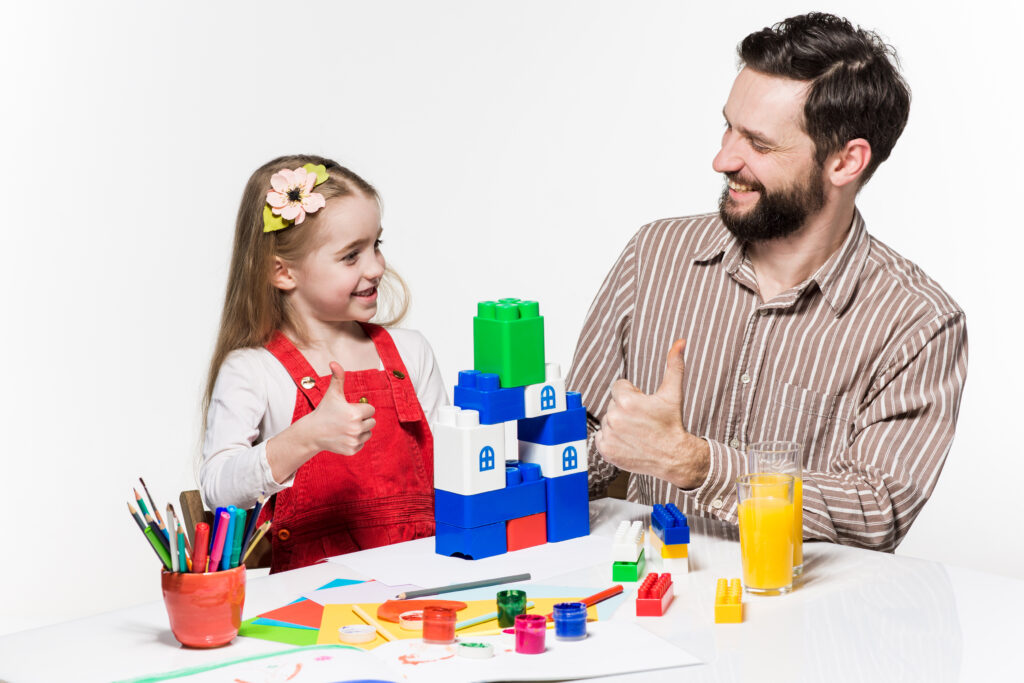When we talk about parenting, the conversation often revolves around the role of mothers. This isn’t surprising, given how deeply ingrained the image of the nurturing mother is in our cultural fabric. But here’s a refreshing take: parenting isn’t just about mothering. It’s a vibrant tapestry woven from the contributions of everyone involved in a child’s life—fathers, grandparents, mentors, and more.
Think of parenting as a collaborative art project, where each participant brings their unique color and texture to the canvas. Traditionally, mothering has been synonymous with emotional care, day-to-day management, and nurturing. Mothers are seen as the primary sources of comfort and guidance. But let’s not forget that fathers and other caregivers add their strokes to this masterpiece. Fathers, with their playful energy and problem-solving skills, bring a different dimension to the parenting mix. Their ways of interacting and guiding can complement the nurturing side that mothers often provide, resulting in a richer, more balanced upbringing.
In today’s world, parenting is evolving beyond old-school roles. With more dual-income families, single parents, and non-traditional setups, parenting duties are shared in innovative ways. Gender isn’t the sole determinant of who does what. Instead, it’s about who’s best suited to handle each aspect of raising a child. This shared approach not only makes parenting more equitable but also introduces a wider array of experiences and perspectives to children.
Also, let’s talk about emotional labor. Parenting requires a hefty dose of patience, empathy, and resilience—qualities that aren’t tied to any one gender. Whether it’s a mom, dad, or another caregiver handling the ups and downs of a child’s journey, the emotional investment is universal. It’s about being there through thick and thin, offering support, and navigating the rollercoaster of growing up together.
So, why stick to the notion that parenting is just mothering? Embracing a broader view helps us appreciate the diverse roles and responsibilities that come with raising a child. It acknowledges that every caregiver adds their special touch, creating a richer, more supportive environment for kids. By recognizing and celebrating the collective effort of all involved, we create a more inclusive and effective parenting experience.

